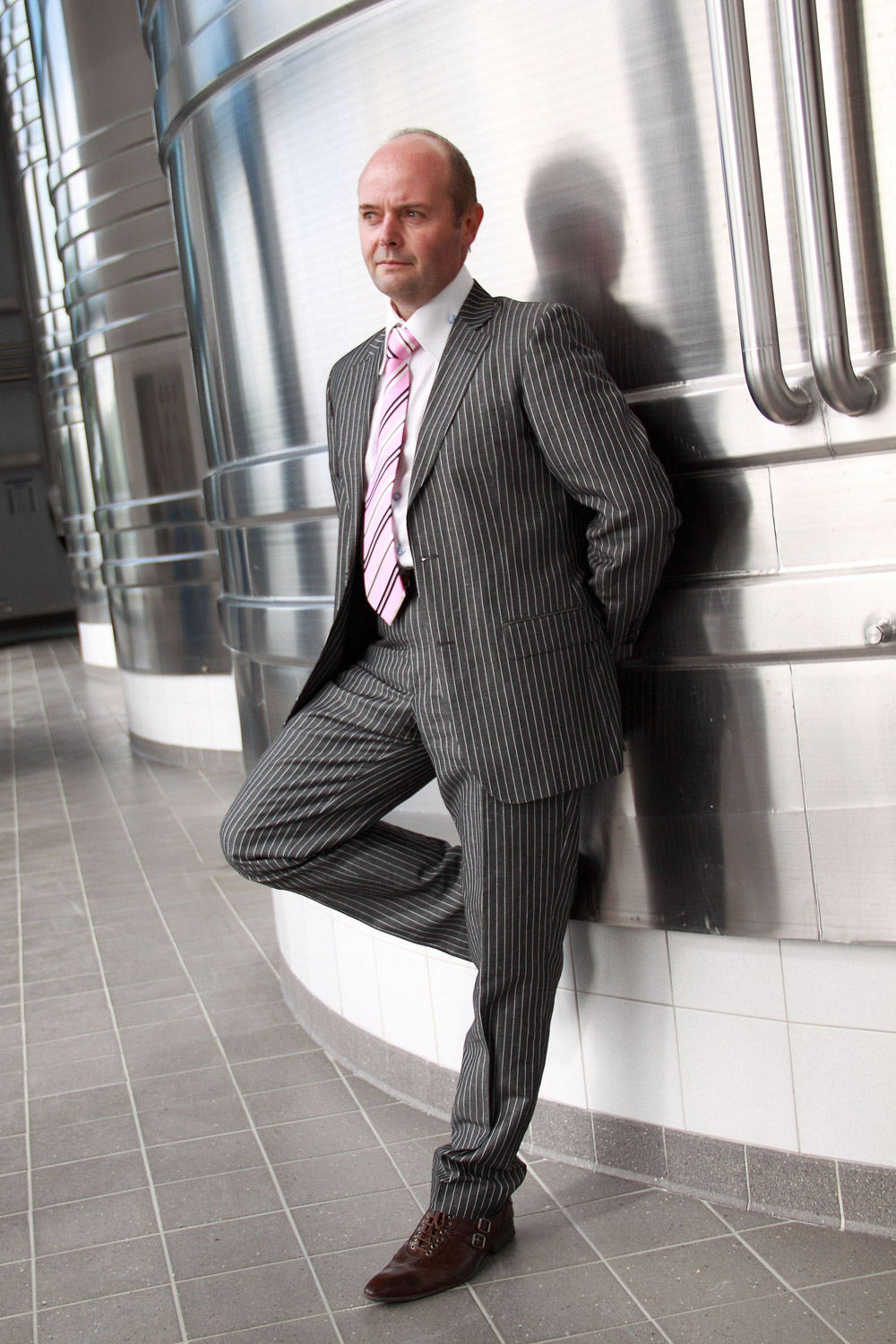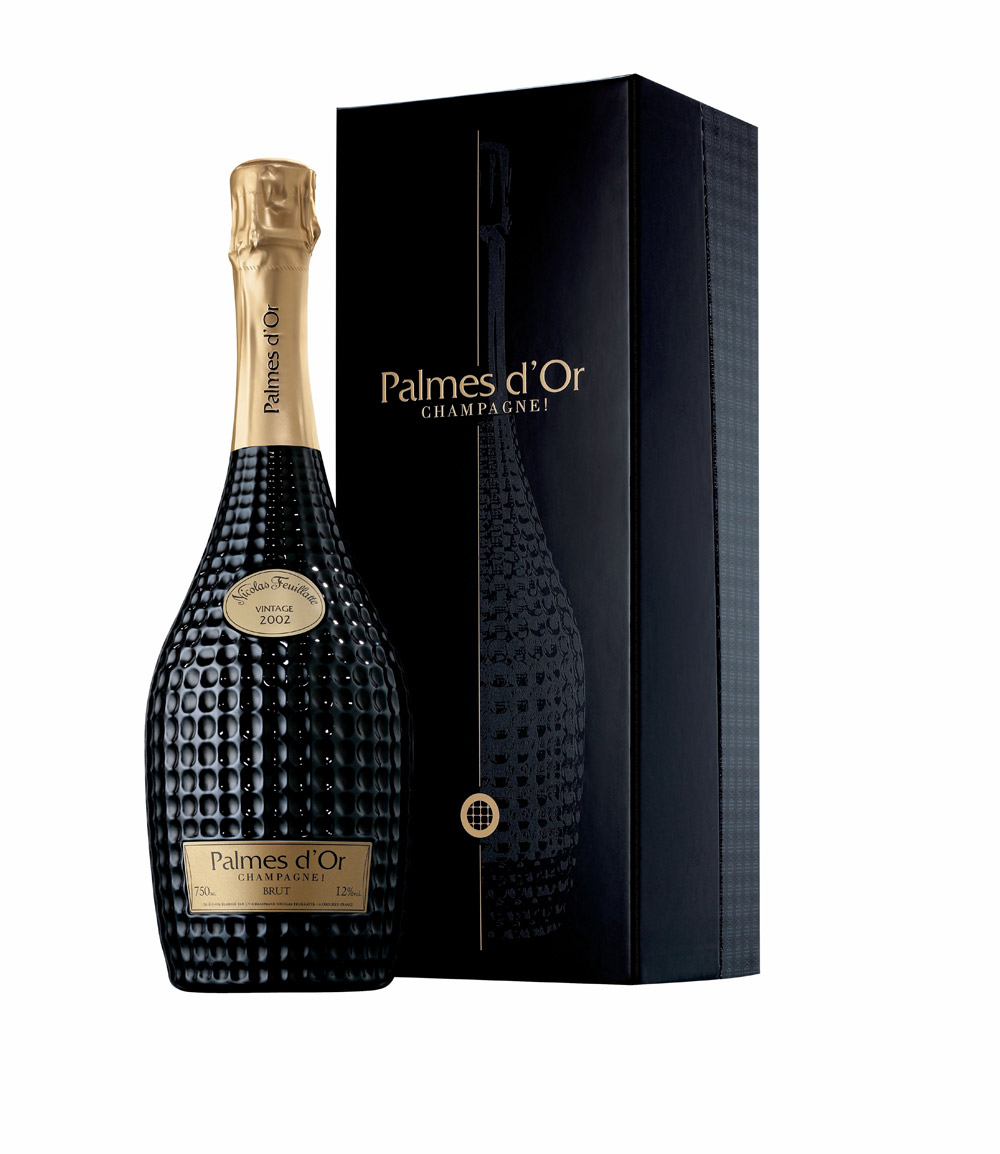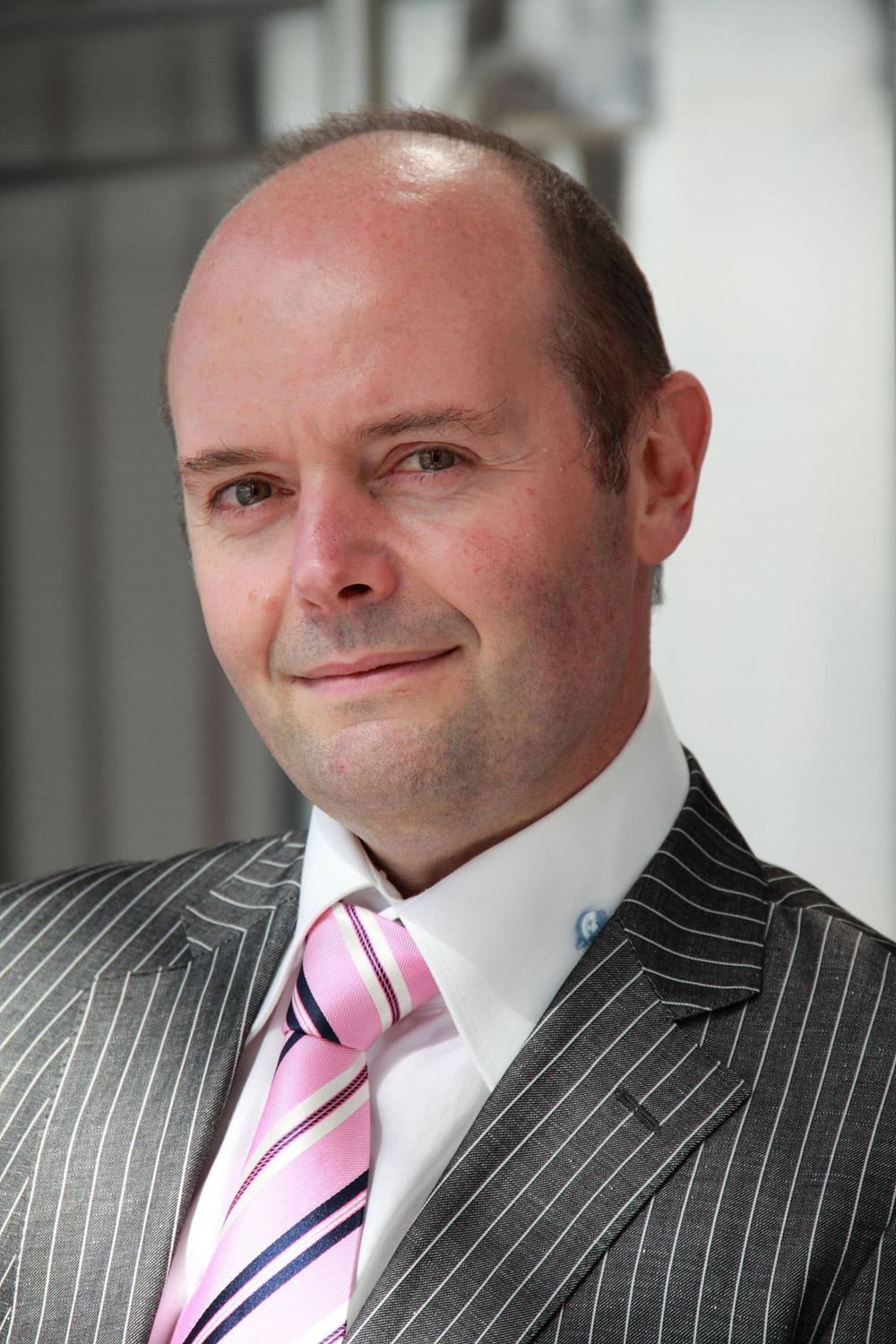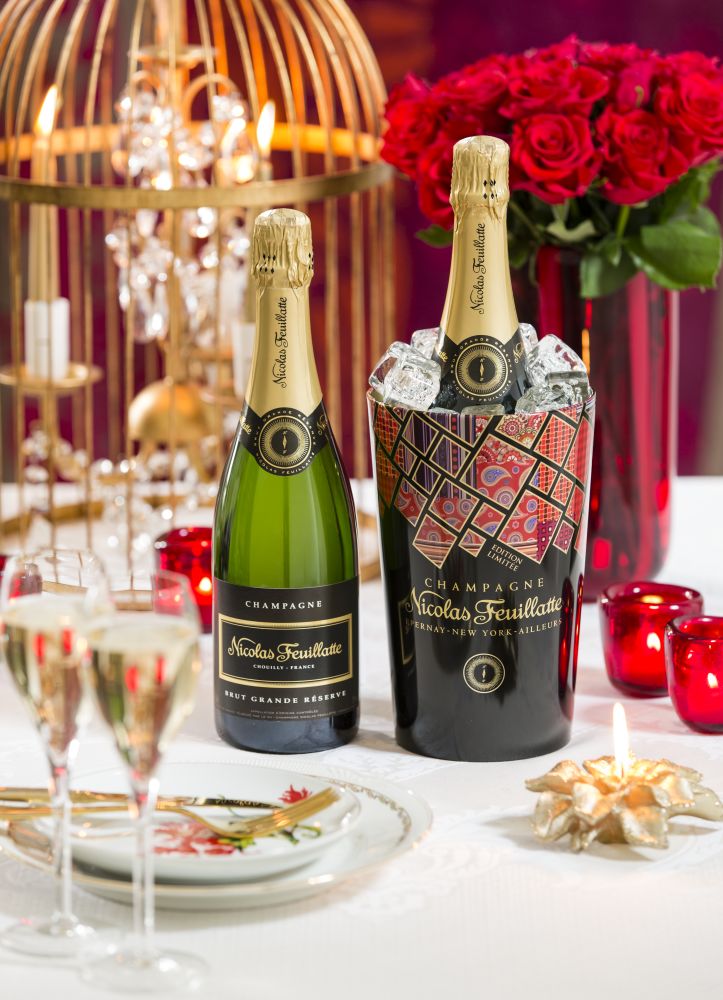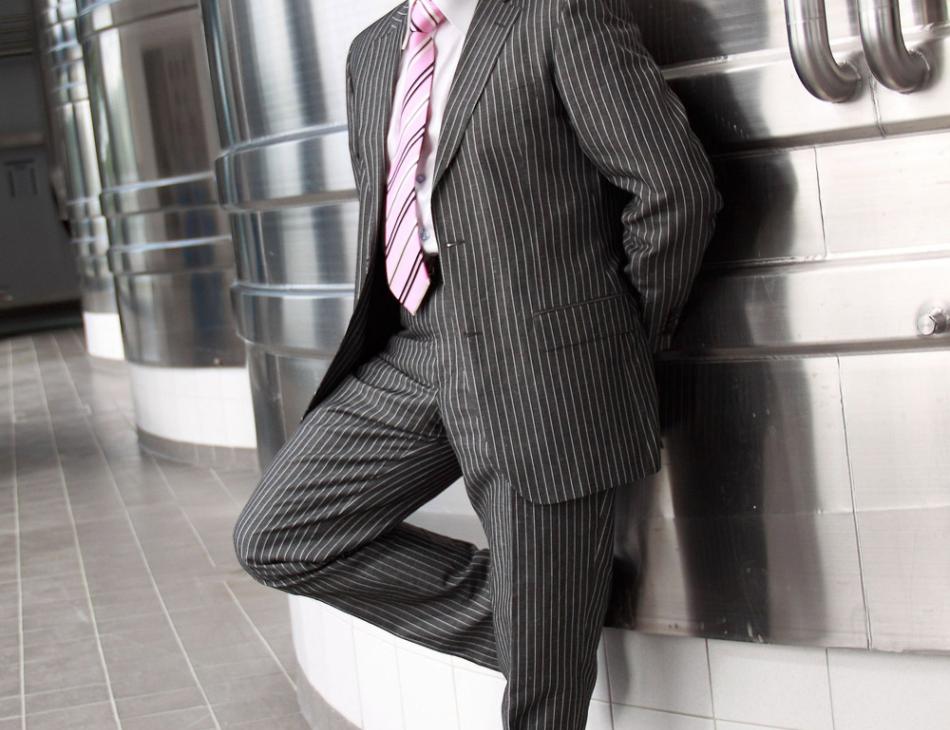International eXcellence Interviews Oenologist David Henault
International eXcellence Interviews David Henault Oenologist at Nicolas Feuillate Champagne
Some of the questions were answered in French and we have provided a translation, but we have also left the original French as it just lovely to read.
How and when did Feuillate start and who runs it today?
Since the exceptional harvest of 1970, the Centre Vinicole had been gathering together a number of growers, under the visionary and charismatic leadership of Henry Macquart, the CVC’s first president during the period 1972-1980. The CVC and Nicolas Feuillatte came together and on March 6, 1986, Nicolas Feuillatte sold the brand name to the CVC, which would later become known as the greatly renowned Centre Vinicole – Champagne Nicolas Feuillatte. Confederating more than 5,000 grape growers, the Centre Vinicole – Champagne Nicolas Feuillatte is the largest co-operative union in Champagne. Its exceptional grape supply has made Nicolas Feuillatte the no.1 Champagne brand in France. Dominique Pierre is the current Managing Director of Nicolas Feuillatte Champagne.
What is the Feuillate style?
The Nicolas Feuillatte style is both simple and complex. For us, complex means rich in aromas, and the aromas must be perfectly integrated, which imparts balance, elegance and simplicity. The remaining two words to describe the style are fresh and light. We achieve the freshness through optimum acidity. Our wines are subtle, radiant, clean and upfront. These Champagnes are of broad appeal, and we want them to be accessible to consumers. The Nicolas Feuillatte style appeals to everyone, connoisseurs and enthusiasts alike.
How did you start in the business?
I am from Champagne and extremely proud of my heritage. My ancestors have been in the region for several generations. I come from a very rural, agricultural family, and once again I am very proud of my roots. It was all down to a succession of choices. Firstly, agricultural college, followed by a Diploma in Agronomy (BTS). When I then decided to go to business school in Paris, it was with a view to taking on a managerial role in the agricultural sector. However, having completed two placements in different Champagne Houses, I realised that it was the production side that I really enjoyed, rather than the commercial side of the business. I have a lot of respect for wine and I felt that a Diploma in Winemaking would take me right to the heart of this universe, where it all happens. In 1999, with Diploma in hand, it was a new life chapter for me.
Therefore, I started to study oenology quite late, but with the strong passion that allows one to learn more and faster.
"J'ai donc commencé l'oenologie assez tardivement, mais avec l'avantage d'être passionné, ce qui fait que l'on apprend plus et plus vite."
What skills do you most value in producing a great champagne?
Making Champagne is like leading a philharmonic orchestra. As a Chief Winemaker, seeking harmony!
My job is to maintain the style of Nicolas Feuillatte. Of course winemaking is a part of technology, but in my view, quality is not dependent on technology alone; there are other fundamental elements that necessitate a great deal of attention. Every stage counts from harvesting, through to grape selection, clarification and careful pressing.
Oenology is not an exact science. It is impossible to accurately forecast the evolution of wines, but there are some clues; a feeling. This feeling can be different from one champagne producer to the other. The blending is made by instinct after several tasting sessions. We try to reach a nice combination of the flavour of the year’s harvest with Nicolas Feuillatte’s fresh style.
The primary step for me is “back to basics”.
"L’élaboration du Champagne est un ensemble, comme un orchestre Philarmonique. En tant que chef de caves je suis donc comme le chef d’orchestre, à la recherche de l’harmonie!
L’oenologie n’est pas une science exacte, il est impossible de prévoir objectivement l’évolution des vins, mais il y a des indicateurs, un ressenti. Et ce ressenti peut être différent de maison à maison. L’assemblage se fait « à l’instinct », au fil de longues dégustations. Nous cherchons à respecter à la fois le profil de l’année et l’esprit du style Nicolas Feuillatte, dominé par la fraîcheur."
What is the process in making the perfect champagne?
Making a good Champagne implies respecting and mastering a few principles:
-First of all, being provided with very high quality grapes -A fine vinification: it is a very important that part of the process must be constantly revised and checked. We have to be very careful with fermentation temperature, hygiene... and blending. -The making of the Cuvée: in order to select the growths to be included, we have to estimate their ability to ‘live together’ at the moment we blend them as well as in the future.
"Pour créer un bon Champagne, il faut respecter et maîtriser quelques principes : - En tout premier point, avoir de très beaux raisins. - Une vinification soignée : la vinification est très importante, c'est un travail de chaque instant. Il faut être très vigilant sur certaines règles de base comme la température de fermentation, l'hygiène...et l'assemblage - l'assemblage final : pour choisir les crus, nous devons estimer leurs capacités à « vivre ensemble », immédiatement et dans le temps. - Une lente évolution en cave de 2 ans minimum après la mise en bouteille."
What flavours do you bring to your champagne?
I am looking for fruity and fresh flavours and please see answer two for further details about the style and type of flavours.
"Je recherche le fruité, la fraîcheur des arômes."
Who has had the most influence on you and your craft?
Having worked under Jean-Pierre Vincent’s wing for 7 years, I took over the role of Chief Winemaker in 2011, on Jean-Pierre’s retirement, after a career spanning 35 years at the CVCNF.
Jean-Pierre taught me a lot. We share the same passion for high standards and perfection, we refuse any compromises. During the last years we spent together he gave me the possibility to be autonomous, especially when working on the making of the cuvees.
"Jean-Pierre m’a beaucoup appris, je partage avec lui l’exigence, la passion de perfection et le refus des compromis. Durant les dernières années à ses côtés il m’a laissé beaucoup d’autonomie dans mon travail, notamment en ce qui concerne les assemblages."
What is the most excellent cuvee you have produced yet?
I have no preference as for Cuvées, I am looking for different styles depending on the moment I want to create. I like vivid and fresh Champagnes. I really appreciate Brut Champagne, which is – according to me – what best reflects what Champagne is: the blending of flavours and growths. It is the most difficult wine to make since its taste has to be consistent every year.
Of course, we also have our jewel: Palmes d’Or Brut Millésime 2002. It is a cuvee we only release with exceptional harvests. This wine is fresh, complex and structured at the same time. A long maceration in casks turn this wine into a very noble and exquisite Champagne, with a complex and distinguished harmony.
"Je n'ai pas de préférence pour une cuvée en particulier, tout dépend du style que l'on aime et du moment de la dégustation. Pour ma part, j'aime les champagnes vifs, frais. J'apprécie beaucoup le Brut, qui est selon moi le reflet de ce qu'est le Champagne : l'assemblage (assemblage de cépages et d'années). C’est le vin le plus difficile à réaliser car son goût doit rester le même d’une année sur l’autre.
Et bien sûr dans un autre registre, notre petit bijou : Palmes d’Or Brut millésime 2002. C’est une cuvée que nous relisions uniquement les années de vendanges exceptionnelles. C’est un vin à la fois frais, complexe et structuré. Une longue macération en cuves (près d’un an) et neuf ans de vieillissement en caves font de ce vin un champagne d’une grande noblesse, avec une harmonie complexe et racée."
How is the brand marketed so its stands out from the others?
The difference of Nicolas Feuillatte rests on the dynamic appeal of its brand image, according the Champagne a thoroughly modern appeal. The non-elitist, simple side to his character very much appeals to those who share a more liberated view of Champagne. Nicolas Feuillatte is a brand that can be enjoyed anytime, anywhere, purposefully ignoring any excessive formalities. For any occasions, large or small, the time is always ripe to spice up the day to day with a luxury product available to all.
For 37 years, the brand has grown one step at a time, with its solid foundations and a totally individual creative concept: “the beyond”. This abstract concept has nevertheless become a stark reality, and has shaped the Nicolas Feuillatte brand to the point of being adopted as the third destination appearing in the brand strapline: Epernay, New York, Beyond.
What are your plans for the future?
My job is to maintain the brand’s style. The brand must meet the expectations of its loyal customer base and at the same time continue to keep its audience on their toes. The challenge is to obtain a perfect balance between loyalty and innovation. I want to keep making irreproachable wines and to continually improve quality. If the Champagnes in the Nicolas Feuillatte range must continue to surprise, it will be through their consistently fresh character. We maintain this consistency of style through strategic choices in terms of fruit supplies, blending and ageing. Every step counts.
And of course as a winemaker, I can’t help thinking of new creations, new cuvées...

